#Jean Pol Fargeau
Explore tagged Tumblr posts
Text
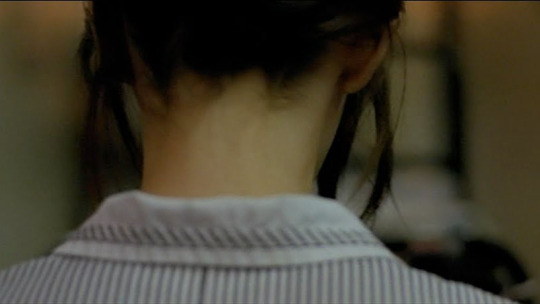
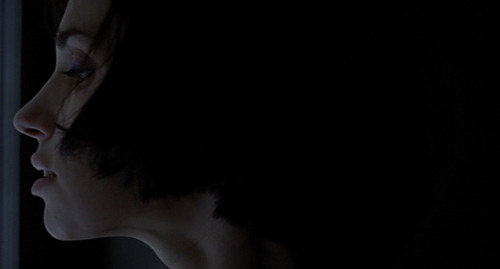
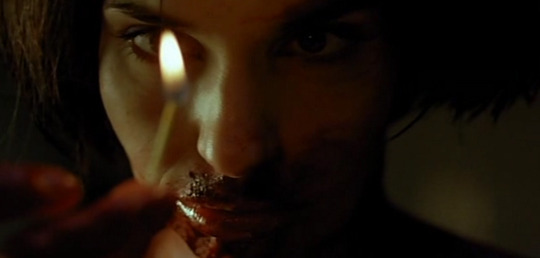
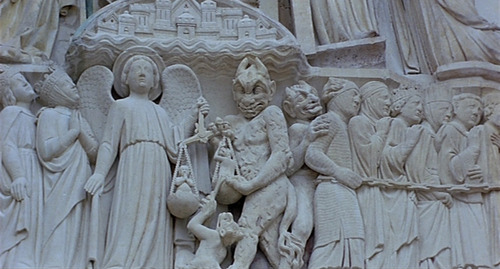
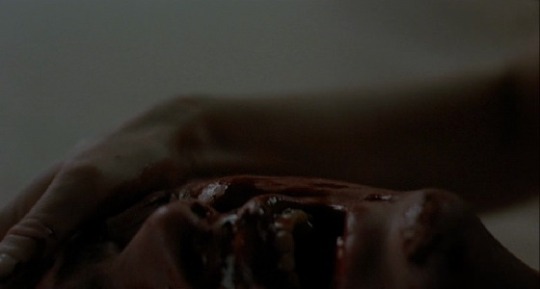
There’s possibly no other living director as in sync with the politics of touch as Claire Denis. […]
And while Trouble Every Day operates, superbly, as a biological-themed horror film, it would cheapen director Claire Denis’s achievement to say that she merely literalizes the violent implications of sex, even when manifested as traditional “romantic” lovemaking. Films have been linking sex with violence since their inception and, frankly, it’s not a particularly surprising conclusion with which to arrive. Denis, however, expounds on the notion of sex-as-violence with an unnerving clarity that appears to explain why acts of theoretical love and brutality assume such disconcertingly similar outward appearances, as both involve attempts to foster illusions of control where there aren’t any. Theoretically, sex involves a search for communion, intimacy, whereas violence is often an expression of dominance, and Denis shows that intimacy and dominance are similarly impossible concepts to realize with any degree of permanency, if we’re to be truthful with ourselves. […]
FULL
Trouble Every Day [Claire Denis 2011]
#CLAIRE DENIS#trouble every day#great directors#great cinematography#tindersticks#jean pol fargeau#jean luc nancy#agnes godard#Vincent Gallo#film#cinema#movies#french film#nicolas duvauchelle#alex descas#cannibal love#philosophy
33 notes
·
View notes
Text









The Intruder (Claire Denis, 2004).
38 notes
·
View notes
Text


Double Bill Number Sixteen: Trouble Every Day (2001) + Near Dark (1987) Fucked up vampire movies that vibe really well together.
#trouble every day#claire denis#Jean-Pol Fargeau#Vincent Gallo#Tricia Vessey#Béatrice Dalle#Alex Descas#near dark#kathryn bigelow#eric red#Adrian Pasdar#Jenny Wright#Lance Henriksen#Bill Paxton#Jenette Goldstein#Tim Thomerson
2 notes
·
View notes
Text








About the horizon and traveling at 99% of the speed of light, with 30 years of film in between. From Claire Denis' Chocolat (1988) and High Life (2018), both co-written with Jean-Pol Fargeau.
#Claire Denis#Jean-Pol Fargeau#French director#Horizon#light speed#Francois Cluzet#robert pattinson#High Life#Chocolat#Film#Cinema
1 note
·
View note
Text
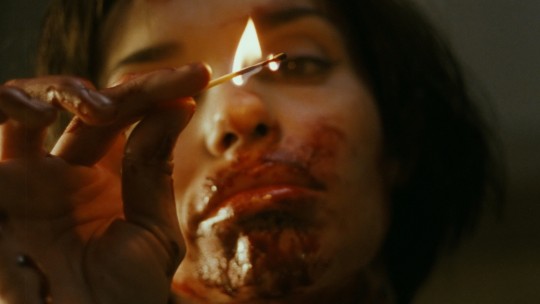
Béatrice Dalle in Trouble Every Day (Claire Denis, 2001)
Cast: Vincent Gallo, Tricia Vessey, Béatrice Dalle, Alex Decas, Florence Loiret Caille, Nicolas Duvauchelle, Raphaël Neal, José Garcia, Hélène Lapoiwer, Marilu Marini, Aurore Clément. Screenplay: Claire Denis, Jean-Pol Fargeau. Cinematography: Agnès Godard. Production design: Arnaud de Moleron. Film editing: Nelly Quettier. Music: Tindersticks.
Claire Denis has steadily resisted linear storytelling and expository dialogue, preferring to trust audiences to pay attention, to assemble the narrative of her films themselves. The result has been films touched with greatness like Beau Travail (1999) and White Material (2009) that invite viewers to experience their stories with greater immediacy than if they were spoon-fed the relationships and motivations of the characters. But sometimes this demand on the viewer backfires, as I think it does in Trouble Every Day. Watching the film can be a visceral experience, a descent into transgressive behavior that's made more disturbing because Denis treats it so coldly. Shane Brown (Vincent Gallo) and Coré Sémeneau (Béatrice Dalle) are both afflicted with extreme versions of a malady, apparently contracted in Guyana, that causes them to become violent when sexually aroused. Shane has his mostly under control, it seems, except that he's newly married and on his honeymoon. To protect his wife from his impulses, he masturbates, once interrupting their intercourse to jerk off frantically. Coré's case has advanced much further: Her husband, a physician (Alex Descas), keeps her locked up, but she escapes to have sex and then bite vampire-like into the throats of her victims. Shane has come to Paris to see Dr. Sémeneau, who has been researching this disorder. After Trouble Every Day culminates in one of the most brutal rape scenes ever staged in a film, we're left with only the suggestion that sex and violence are intimately related, hardly a novel idea. It's one treated in, for example, the two movies called Cat People (Jacques Tourneur, 1942, and Paul Schrader, 1982). Critics were mostly harsh when it was released, yet some revisionism has occurred, possibly because Denis is unquestionably a filmmaker who must be taken seriously. But unlike her best films, Trouble Every Day lacks the payoff of experiencing something meaningful. It ends up being only an intellectualized horror movie.
1 note
·
View note
Text
35 Shots of Rum Viewing Response

35 Shots of Rum finds auteur Claire Denis grappling with life in transit, zeroing in on the minute social dynamics that play out in urbanized environments. In some ways it typifies a specific strand of French cinema: slow and cerebral — without a traditionally structured narrative. Rather than focusing on the whims of the bourgeoise (which is often the case for the region), this film is centered on emotional landscapes of the working class.
Co-written by longtime collaborator Jean-Pol Fargeau, the film is centered around Lionel (Alex Descas), a train operator, and his daughter Josephine (Mati Diop), an anthropology student. To some degree, their relationship is closer to that of a husband and wife than a father and daughter. She has taken on something of a caregiver role and the two are both somewhat closed off to others that threaten to penetrate their closeness. Though it is never explicitly spoken of, Lionel's status as a widower seems to color the intensity of their relationship.

Denis’ characterization of a metropolitan nightscape reminded me of the work of filmmaker Wong Kar-Wai. Throughout his career, Wong has vividly captured the neon contours of Hong Kong, emphasizing the isolation that comes from a rapidly-changing cultural landscape. This characterization of urban alienation is a major component of 35 Shots of Rum. Throughout the film, characters struggle to find a sense of self and community — one gets the sense they feel profoundly alone even in the company of others.
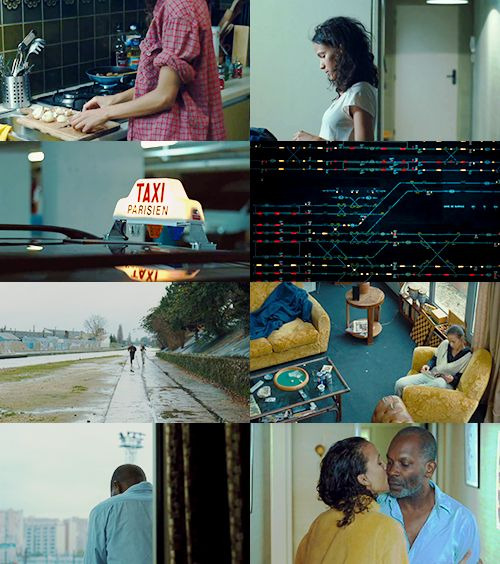
The film represents Paris’ differing racial demographics and features Black, working class protagonists. Denis, who grew up in colonial French Africa, has oft used her work to explore the ways in which race permeates our worldview. As we continue to have conversations about who has the right to tell certain stories, I feel Denis is an interesting example of an artist who has used her unorthodox cultural background to tell engaging stories involving people of color.
@theuncannyprofessoro
0 notes
Photo

You dream of writing a mature work, but your charm lies in your thorough immaturity.
Pola X, Leos Carax (1999)
#Leos Carax#Jean Pol Fargeau#Lauren Sedofsky#Guillaume Depardieu#Yekaterina Golubeva#Catherine Deneuve#Delphine Chuillot#Laurent Lucas#Patachou#Petruta Catana#Sharunas Bartas#Mihaella Silaghi#Mathias Mlekuz#Samuel Dupuy#Eric Gautier#Scott Walker#Nelly Quettier#1999
36 notes
·
View notes
Photo

#202 Domestic studies: High Life (2018)
#high life#high life movie#claire denis#jean-pol fargeau#robert pattinson#juliette binoche#space movie#domestic#domestic study
16 notes
·
View notes
Photo
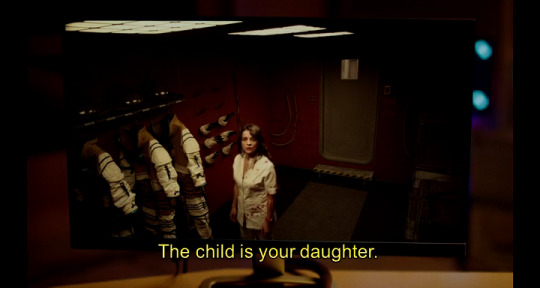
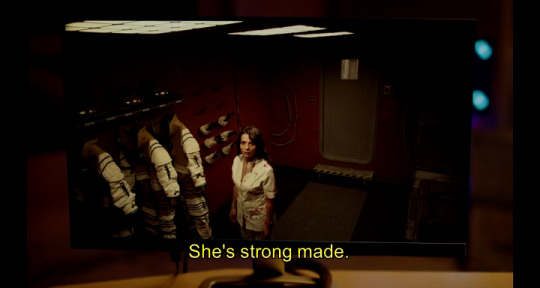
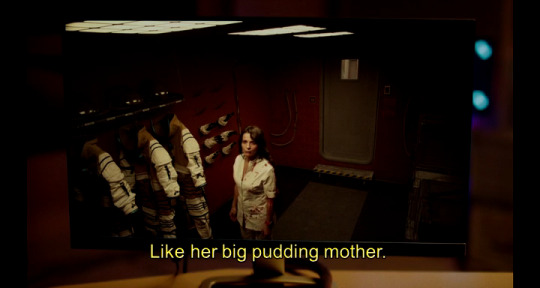
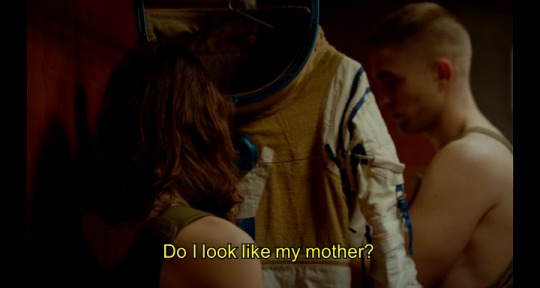
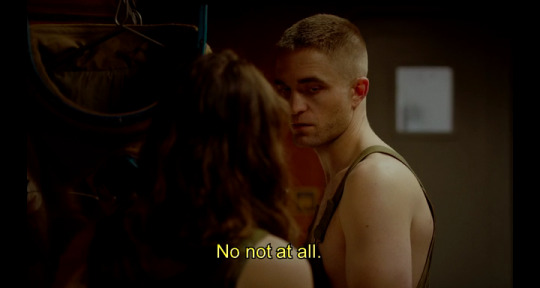
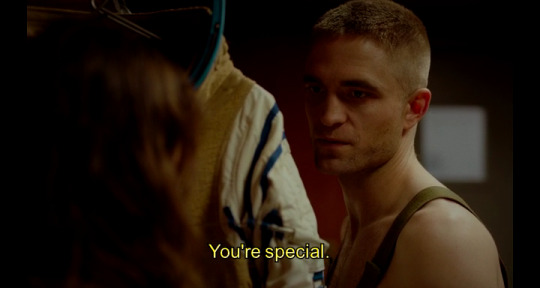
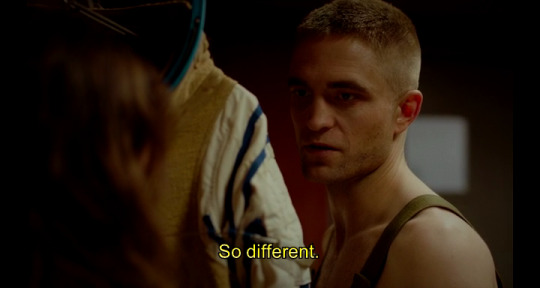
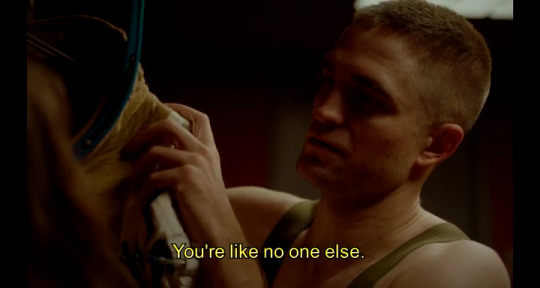
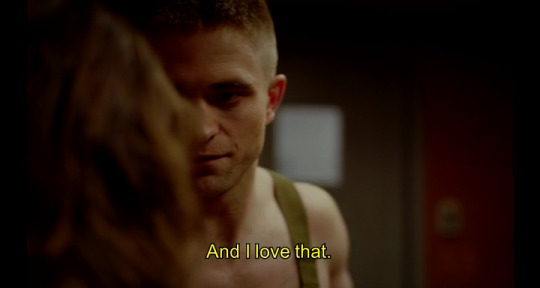
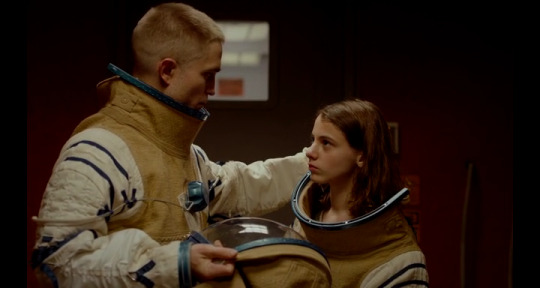
High life, 2018
#adventure#drama#horror#high life#claire denis#jean-pol fargeau#geoff cox#andrew litvack#nick laird#robert pattinson#jessie ross#rare
14 notes
·
View notes
Photo

#588 #High Life
#High Life#Claire Denis#Jean-Pol Fargeau#Robert Pattinson#Juliette Binoche#André Benjamin#Mia Goth#Agata Buzek#Lars Eidinger#Claire Tran#Ewan Mitchell#Gloria Obianyo
31 notes
·
View notes
Text



Trouble Every Day [Claire Denis 2011]
#CLAIRE DENIS#trouble every day#béatrice dalle#tindersticks#great directors#jean pol fargeau#jean luc nancy#agnes godard#Vincent Gallo#film#cinema#movies#french film#nicolas duvauchelle#alex descas#cannibal love#philosophy#少女椿
26 notes
·
View notes
Text







The Intruder (Claire Denis, 2004).
28 notes
·
View notes
Photo

High Life (2018)
"We were scum, trash, refuse that didn't fit into the system."
#high life#claire denis#jean-pol fargeau#geoff cox#nick laird#robert pattinson#juliette binoche#mia goth#andré benjamin#agata buzek#lars eidinger#claire tran#ewan mitchell#gloria obianyo#scarlett lindsey#jessie ross#a24 films
4 notes
·
View notes
Text
A Fear of Skin and Desire in Claire Denis's Trouble Every Day
Claire Denis taps into one of humankind's worst fears as it also turns out to be one of their greatest pleasures in Trouble Every Day. Read Jaime Rebanal's (@ItsJaimeHere) review here:
✯✯✯✯✯
There’s a very sort of sensuality that Claire Denis makes you experience from watching her films, but the confrontation is never always the most comfortable. It is this very feeling that is embraced through her vampiric horror film Trouble Every Dayand for many reasons more I also consider it to be the best horror film of the 21st century. It is a film that uncomfortably lingers upon the…
View On WordPress
#2001#alex descas#béatrice dalle#claire denis#drama#horror#jean-pol fargeau#review#thriller#tricia vessey#vincent gallo
1 note
·
View note
Text
Beau Travail - Claire Denis
Un sargento de la Legión Extranjera en Djibouti, África, siente atracción, luego celos y, finalmente, odio por uno de sus soldados más sobresalientes. El enfrentamiento entre los dos hombres se convierte en la única guerra concreta para ellos, sumergidos en el tedio del entrenamiento y los rituales cotidianos de los militares en tiempos de paz. Libre adaptación de la novela "Billy Budd", de Herman Melville. (FILMAFFINITY)

Dirección: Claire Denis
Guion: Claire Denis, Jean-Pol Fargeau (Historia: Herman Melville)
Música: Charles Henri de Pierrefeu, Eran Zur
Fotografía: Agnès Godard
Coproducción Francia-Italia-Rusia; La Sept-Arte, Tanaïs Productions, Pathe Television
1999


youtube
8 notes
·
View notes
Link

#trouble every day#claire denis#jean-pol fargeau#vincent gallo#tricia vassey#beatrice dalle#Béatrice Dalle#french extreme#drama#thriller#france#germany#japan#alex descas#florence loiret caille#nicolas duvauchelle#raphael neal#Raphaël Neal#jose garcia#José Garcia#helene lapiower#Hélène Lapiower#horror#horror film#horror films#horror movie#horror movies#horror fan#horror fans#horror review
0 notes